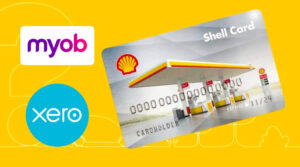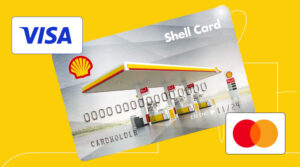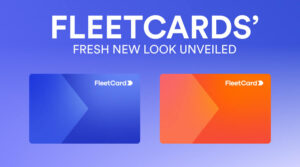Fuel cards are commonly thought of as a management system for fuel consumption and other related expenses for large business fleets. The truth is that they are great for personal use.
They’re extremely easy to use, convenient and come with a wide range of benefits that extend past the employer… Benefiting the employee too.
Fuel cards are commonly thought of as a way of managing fuel consumption and related expenses at a business fleet scale, but they’re also great for personal use. They’re easy to use, very convenient, and come with a wide range of benefits that extend past the employer, and can really benefit the employee as well. Let’s look at a few of the best examples:
1. Food and Drink Discounts
Though fuel cards don’t often provide monetary discounts on fuel costs, they usually provide a range of discounts for drivers on food and drink purchases. Fleet fuel cards give you a range of setup options, giving you the choice to prohibit or allow purchases of certain brands or products: Gas, oil, wiper fluid, service calls and food or drink purchases. This allows you the ability to provide employee incentives for your drivers, so they can purchase meals and snacks on the road.
2. Reward Point Programs
Many fuel card providers offer reward point programs for drivers, ranging from discounts for their personal grocery shopping or Qantas Frequent Flyer points. For example, the Caltex StarCard allows your drivers to earn Qantas Frequent Flyer points which can be redeemed for products and services at Caltex service stations around Australia.
3. Rewarding Efficient Drivers
Studies have shown that employees are less motivated than money than by creative incentives that they can work towards. This can be as simple as offering higher and higher-tiered fuel cards to drivers who meet certain targets.
The “creative” element here can be the means by which you track performance!
Fuel card reports offer the ability to identify employees and vehicles who drive recklessly… wasting fuel and therefore, company money. Use your fuel card records alongside your fuel management system to track driver kilometers per liter, accounting for maintenance, as well as overall behaviour, and track these alongside the usual driver performance metrics.
Using fuel card reports, you can identify and reward drivers by offering an employee of the month award or offering additional vacation days to drivers who have the most fuel-efficient monthly record. Set certain “tiers” of high performance, and let your employees know what they are, so they can strive to achieve them.


